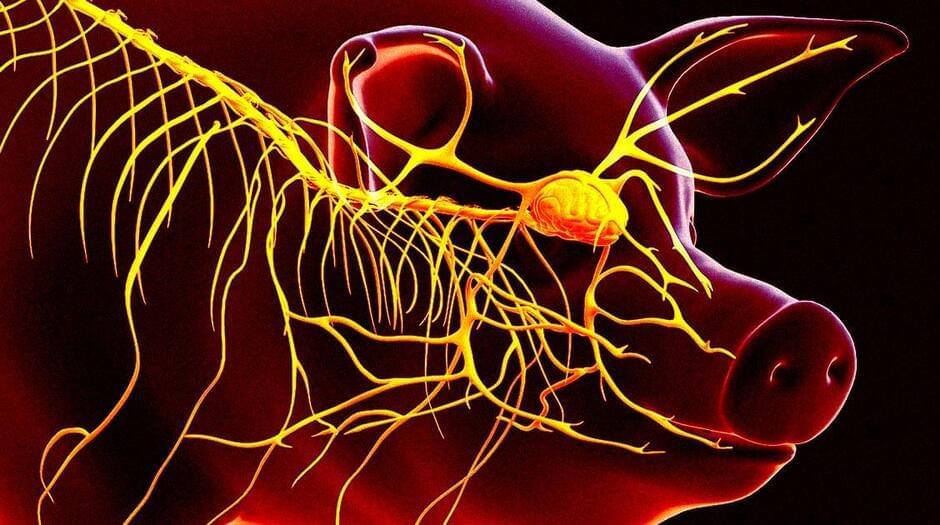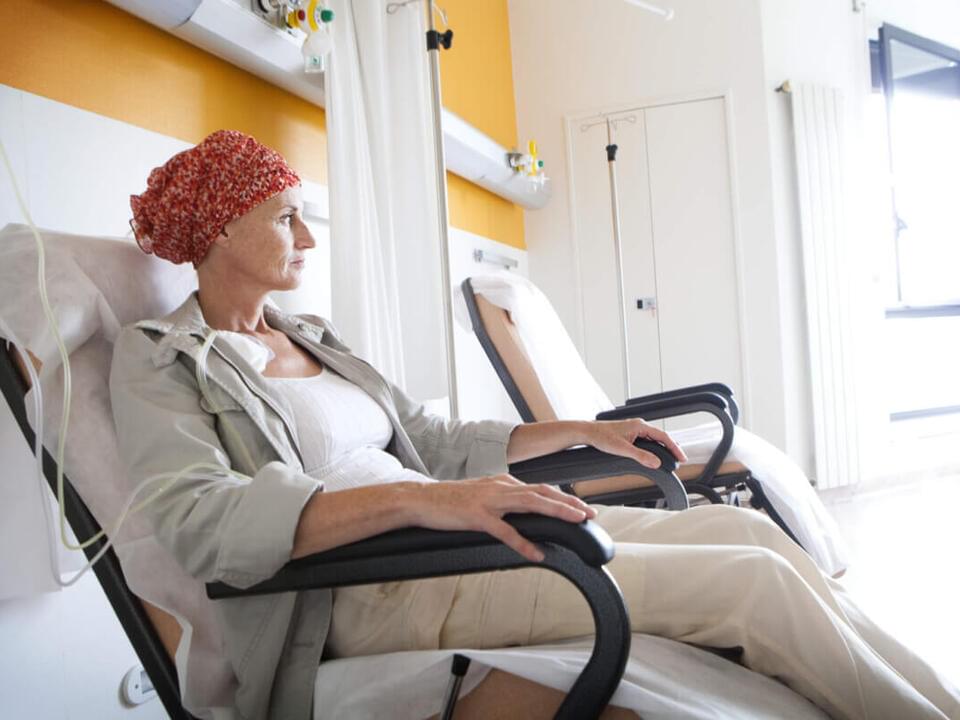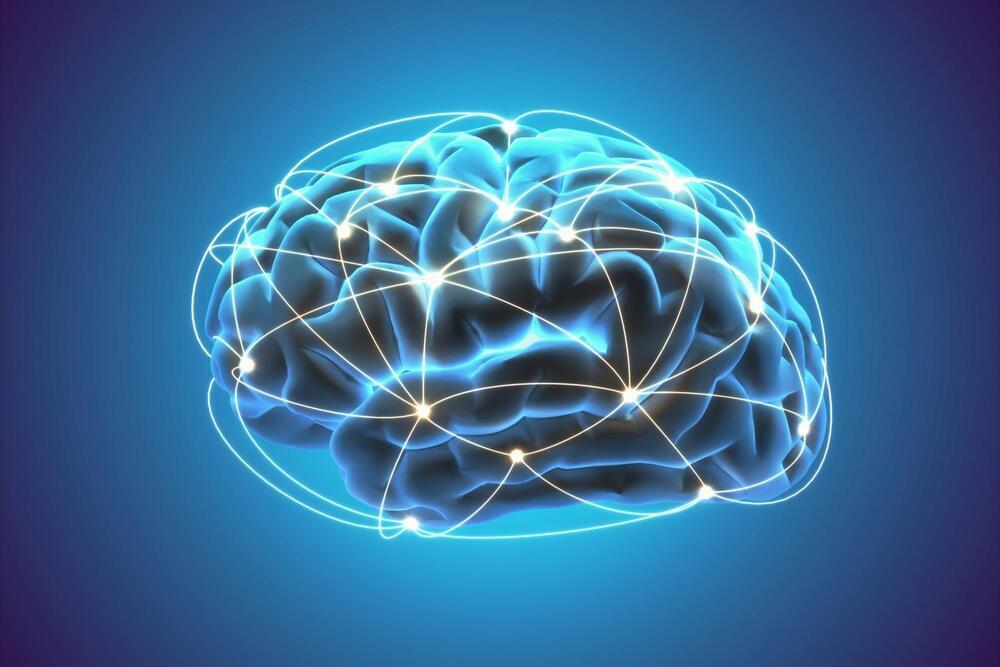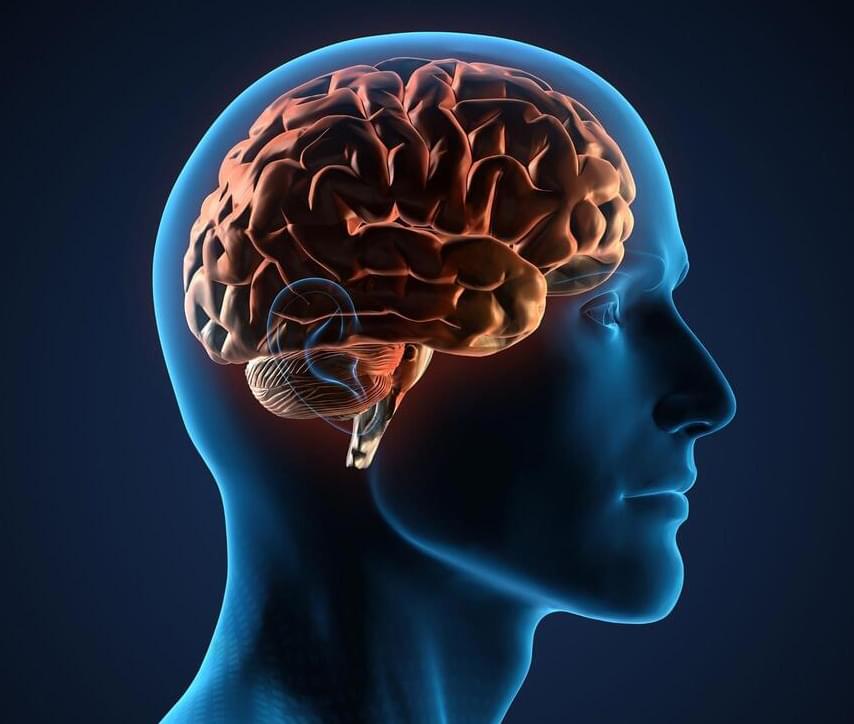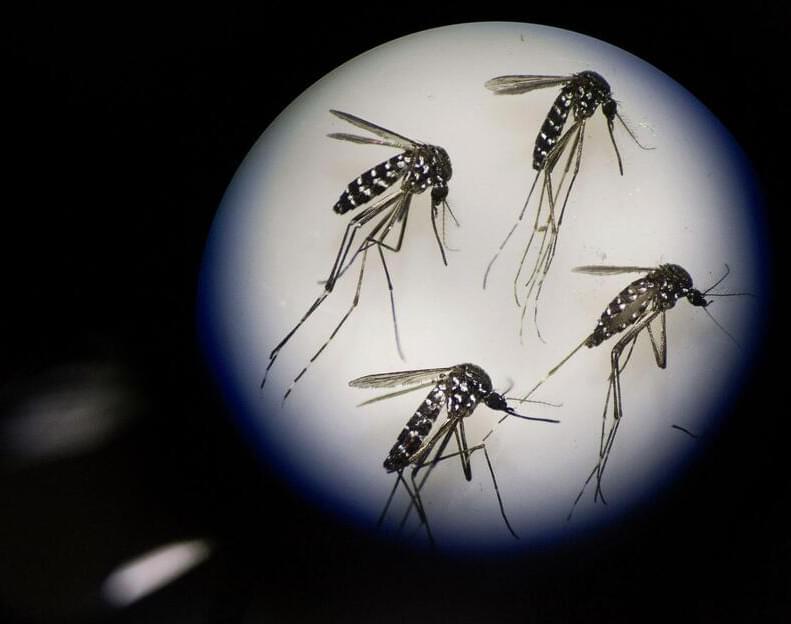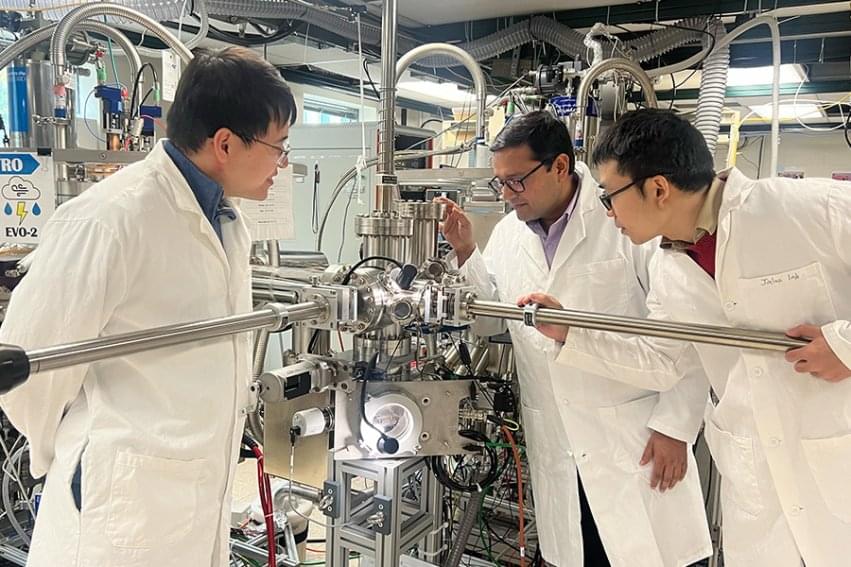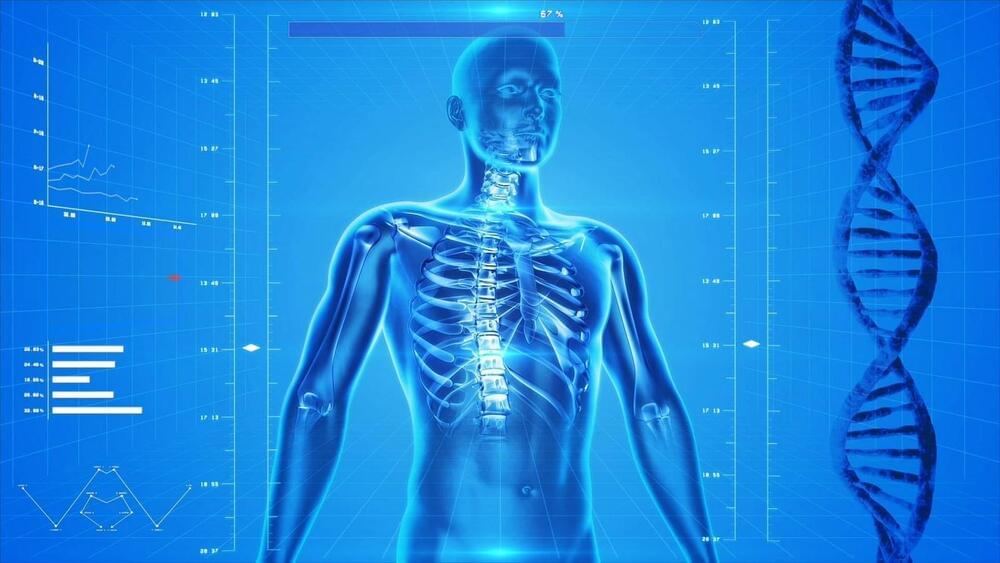
As we explore space outside our solar system, genetic engineering offers hope for overcoming challenges like radiation exposure and the effects of microgravity. By understanding and modifying our genes, we could make astronauts more resilient and improve their health in space. However, these advancements raise important ethical questions about safety, fairness, and long-term impacts, which must be carefully considered as we develop new space travel technologies.
We are on the edge of exploring space outside our solar system. This is not just a major advancement in technology, but a transformation for all of mankind. As we aim for the stars, we also try to understand more about ourselves. Our exploration into space will determine the future of our history. However, this thrilling adventure comes with many challenges. We need to build faster spacecraft, develop ways to live sustainably in space and deal with the physical and mental difficulties of long space missions. Genetics may help us solve some of these problems. As we travel further into space, it will be important to understand how genetics affects our ability to adapt to the space environment. This knowledge will be crucial for the success of space missions and the well-being of astronauts.
Genetics offers a hopeful path to overcoming many challenges in space exploration. As we venture further into space, it becomes essential to understand how our genes affect the way we adapt to the space environment. Genetics affects many aspects of an astronaut’s ability to survive and do well in space. It influences how the body handles exposure to radiation, deals with microgravity, and copes with isolation. Some genetic differences, like changes in the Methylene-TetraHydrofolate-Reductase (MTHR) gene, can make certain people more vulnerable to the harmful effects of radiation in space. With tools like genetic testing and personalized medicine, space agencies can now choose the best-suited astronauts and develop health strategies to improve their safety and performance in harsh space conditions.
